In a recent session, the House of Representatives engaged in a debate over four tax bills that were presented for consideration and passage. These bills, proposed in 2024 by the President, cover various aspects of taxation in Nigeria. One of the key points of contention was the Value Added Tax provisions, which sparked strong reactions across the country, particularly from northern leaders.
Despite opposition and calls for withdrawal of the bills, they eventually passed the second reading after lawmakers found common ground on the VAT issue. The bills include the Nigeria Tax Bill 2024, the Nigeria Tax Administration Bill, the Nigeria Revenue Service (Establishment) Bill, and the Joint Revenue Board (Establishment) Bill.
During the discussion, various lawmakers expressed their views on the proposed legislation. Some highlighted the need for a comprehensive overhaul of the tax system to boost economic growth and ensure fair treatment for all citizens. Others emphasized the importance of supporting small businesses through tax exemptions and incentives.
While some members raised concerns about certain aspects of the bills, such as inconsistencies and lack of clarity in definitions, the overall consensus was in favor of reviewing and updating the nation’s tax laws. Suggestions were made to enhance accountability, transparency, and effectiveness in tax collection and utilization of generated funds for public welfare and infrastructure development.
The tax reforms were viewed as essential for the economic progress of the country, with a focus on fair distribution of resources and incentives for growth in various sectors. Lawmakers also stressed the need for proper interpretation clauses in the bills to prevent misinterpretation and ensure effective implementation. The debate reflected a commitment to improving the tax system to benefit all Nigerians and drive the nation’s development.

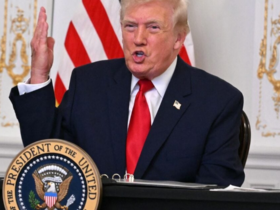
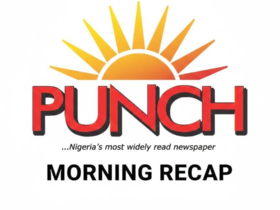

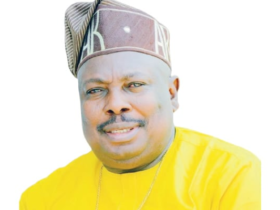
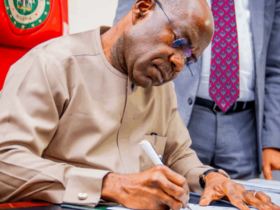
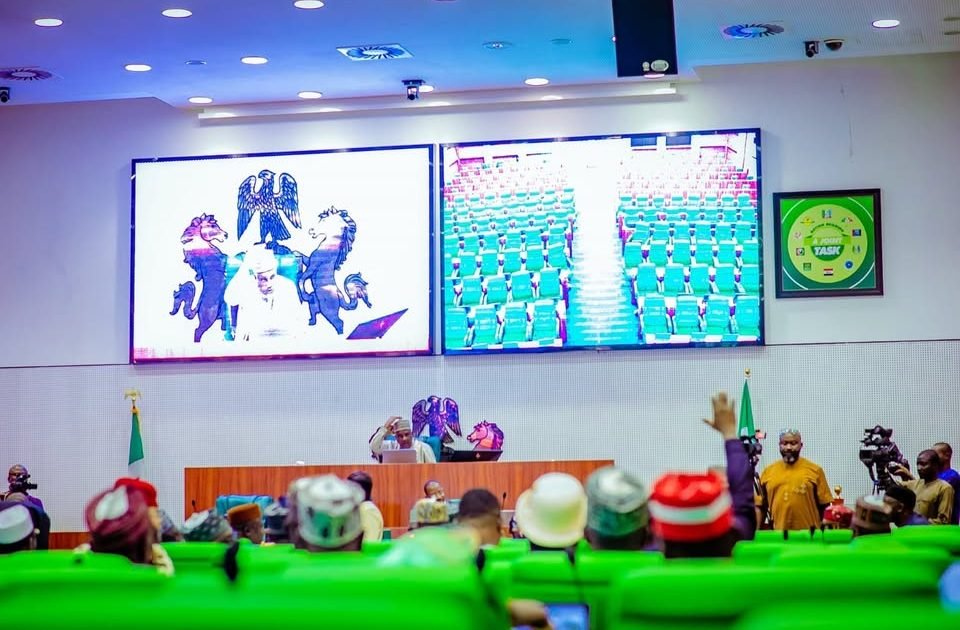
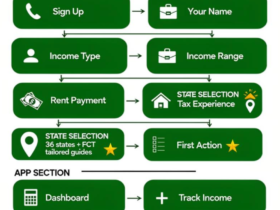




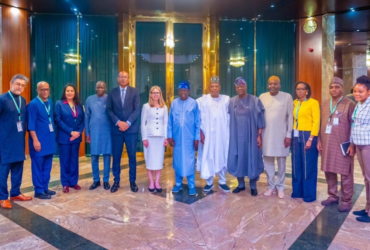

Leave a Reply